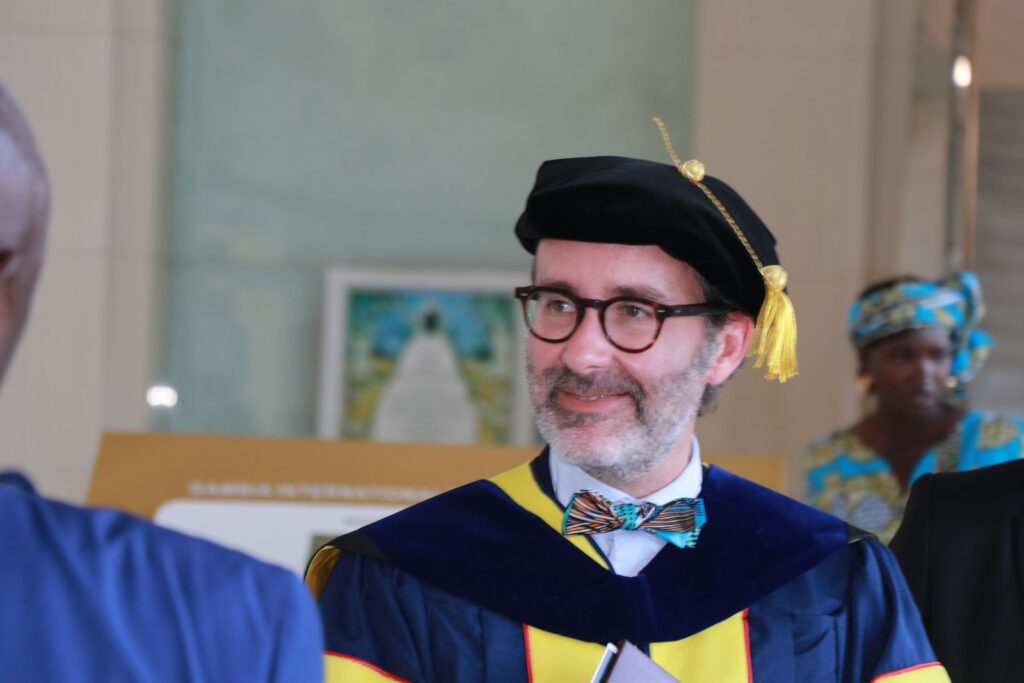The requirement for a thesis in master’s degree programs at universities globally varies widely depending on the institution, program type, and academic discipline. Below is a general overview addressing whether theses are required, highly recommended, or optional in master’s programs, based on common practices in higher education.
Thesis Requirements in Master’s Programs Globally
- Variability Across Programs:
- Required: In many traditional academic master’s programs, particularly in research-oriented fields like the humanities, social sciences, and natural sciences, a thesis is often a mandatory component. For example, Master of Arts (MA) or Master of Science (MS) programs at universities in the United States, Canada, and parts of Europe frequently require a thesis to demonstrate research proficiency and contribute original knowledge to the field. The thesis typically involves independent research, culminating in a substantial written document (often 50–100 pages) defended before a faculty committee.
- Optional: Some master’s programs offer a thesis as an optional track alongside non-thesis alternatives, such as a capstone project, comprehensive exam, or additional coursework. This is common in professional or applied master’s degrees, such as Master of Business Administration (MBA), Master of Public Health (MPH), or Master of Education (MEd), where practical skills or internships may take precedence. For instance, at universities like Stanford or the University of Toronto, students may choose between a thesis and a project-based exit requirement depending on their career goals.
- Not Required: In certain programs, particularly those designed for working professionals or with a coursework-heavy focus (e.g., online master’s programs or executive degrees), a thesis is rarely required. Instead, students complete a set number of credits (e.g., 30–36 in the U.S., 90–120 ECTS in Europe) through courses and practical assessments. Examples include many Master of Professional Studies (MPS) or Master of Engineering (MEng) programs at institutions like the University of Melbourne or MIT.
- Recommendation Level:
- A thesis is highly recommended for students planning to pursue a Ph.D. or a research-oriented career, as it provides essential experience in designing, conducting, and presenting independent research. Universities often encourage thesis work for students aiming to build a strong academic profile, publish papers, or apply for competitive doctoral programs. For example, at the University of Oxford or Harvard, a thesis is seen as a valuable credential for research-focused students, even if optional in some disciplines.
- For students targeting professional roles (e.g., management, public policy, or clinical practice), a thesis may be less critical, and universities may recommend non-thesis options like internships or group projects to align with industry needs. However, even in these programs, a thesis can be advantageous for demonstrating analytical depth or specializing in a niche area.
- Factors Influencing Thesis Requirements:
- Discipline: Research-heavy fields (e.g., physics, history) typically require a thesis, while applied fields (e.g., engineering, education) may offer alternatives. For instance, a Master of Fine Arts (MFA) might require a creative project instead of a traditional thesis.
- Program Structure: Course-based master’s programs, common in Australia and the UK, often do not require a thesis, focusing instead on taught modules. Research-based programs, like those in Germany or Sweden, usually mandate a thesis (often called a “master’s dissertation”).
- Regional Norms: In the U.S., thesis requirements vary by institution; some programs (e.g., at NYU) offer both thesis and non-thesis tracks, while others (e.g., at UCLA) may require a thesis for academic degrees. In Europe, under the Bologna Process, a thesis is common but not universal, with ECTS credits (15–30) allocated for a dissertation in many programs. In Asia, universities like the National University of Singapore often require a thesis for research master’s but not for professional ones.
- Student Choice: Where theses are optional, students often decide based on career goals, time constraints, or research interests. Faculty advisors typically guide this choice, weighing the benefits of a thesis (e.g., research skills) against non-thesis options (e.g., faster completion).
Practical Implications
- Thesis Track: Completing a thesis typically extends the program duration (e.g., 2 years instead of 1.5) and requires significant research effort, including literature reviews, data collection, and writing under faculty supervision. It’s ideal for students aiming for academia or specialized roles but demands commitment and self-discipline.
- Non-Thesis Track: Non-thesis options emphasize coursework, projects, or practical experiences, appealing to students seeking quicker entry into the workforce. These tracks are often more flexible, especially for part-time or online students, but may limit research exposure.
- Hybrid Models: Some universities offer a middle ground, such as a shorter thesis (e.g., 20–40 pages) or a capstone integrating research and practice. For example, Columbia University’s master’s programs in public health may include a thesis or a culminating project tailored to professional outcomes.
In general, theses in master’s degree programs worldwide are not universally required but are required in research-oriented programs, optional in many professional or applied programs, and highly recommended for students pursuing academic or research careers. The decision depends on the university, program focus, and student goals. Students should consult with academic advisors early to understand their program’s requirements and determine whether a thesis aligns with their aspirations—whether academic (e.g., Ph.D. preparation) or professional (e.g., industry relevance). Reviewing program handbooks or websites (e.g., graduate studies pages) will clarify specific expectations.
If you’d like information on thesis policies at a particular university or program type, let me know, and I can provide a more targeted analysis!



